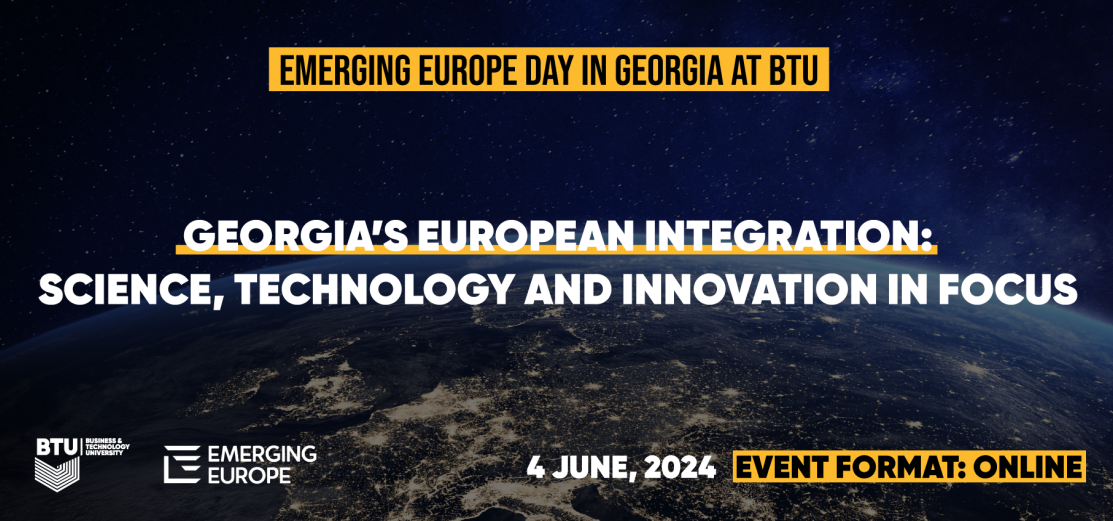 02.08.2024 (Caucasian Journal). Caucasian Journal is honoured to present our guest, professor Dušan DRBOHLAV (Czechia). He works at the Department of Social Geography and Regional Development, Faculty of Science, Charles University in Prague, and leads the Geographic Migration Centre (GEOMIGRACE) research team.
02.08.2024 (Caucasian Journal). Caucasian Journal is honoured to present our guest, professor Dušan DRBOHLAV (Czechia). He works at the Department of Social Geography and Regional Development, Faculty of Science, Charles University in Prague, and leads the Geographic Migration Centre (GEOMIGRACE) research team.▶ ქართულად: Read the Georgian version here.
Alexander KAFFKA, editor-in-chief of CJ: Today, we will address a crucial topic - migration. We are grateful to have Professor Dušan Drbohlav from the renowned Charles University in Prague as today's speaker for this opportunity. In our interviews with European experts, we are trying to look at Georgia's future, as it is strongly linked with the EU. Migration is an important factor in Georgia, so we want to understand how a country's migration situation may change while it is integrating with the EU. If a government understands the potential risks of migration, can it mitigate them through legal reforms or other steps?
Dušan DRBOHLAV: International population migration - in all its possible forms - was, is, and will be here. It is the result of many factors, the key one being the existing and often widening inequality between rich and poor. It is an inequality in the quality of life, particularly in terms of economic conditions, environmental qualities, political environment (in terms of the existence of freedoms and political stability), and demographic developments. While the negative parameters of these factors create a strong migratory push in the countries of the global South, the positive tuning of the factors in question creates a strong migratory "pull" in the rich and democratic countries of the North.














